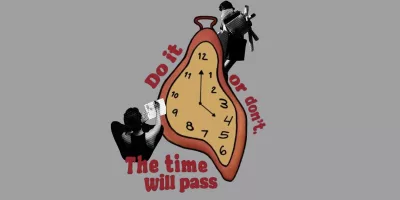
The camera is on. A story which left families heartbroken and devastated is being narrated for millions of people to watch or listen to on various platforms on social media while they are doing their laundry, cleaning their house, or having dinner. Each one of those true crime-related videos, podcasts, or shows has millions of views worldwide. True crime has certainly gained impressive popularity as a form of entertainment. This fascination with crime and mystery has always existed; stories have always been told, and the audience, especially women who oftentimes are the victims in such stories, listen to them and treat them as cautionary tales. The discourse around true crime content featured in the media has intensified in recent years, largely because it sits at the intersection of entertainment and ethics. True crime content exists in an ethical gray area where justice, grief and profit collide.
For some of the victims’ families it brought devastation but, at the same time, a solution that gave them the luxury of long-awaited justice. The Pendleton family, who lost their son in 2015 due to a murder, told the Time magazine how they did not wish for a documentary to be released on Netflix about the murder of their son. Their pleas were ignored and the show was released without the family’s consent. During a family dinner, the stepmother of the victim was blindsided when a local news station decided to feature the documentary in one of their programs. The killer was interviewed and put on platforms for people to watch while the Pendleton family was trying to deal with their grief.
However, true-crime also has a positive “side-effect,” that is to catch the murderers who were on the loose for decades. In 2015, during the shooting of one of those documentaries, Robert Durst, once a suspect for the murders, was being interviewed for the murders of three women who were in one way or another connected to him. During the shooting, while in the bathroom, Durst forgot to turn off his microphone and the whole crew heard him confess to being responsible for the deaths of the three women. This is only one of such cases where criminals were put behind bars because of evidence gathered during the making of such documentaries.
Documentaries and films released on streaming platforms are not the only ones that have become part of the discussions on the ethics of true crime. The role of true crime is fascinating, especially on social media as people create content around those stories. For example, they talk about real-life murder cases while simultaneously doing their makeup to make it more entertaining for their viewers. While this unusual combination of trends and true crime is gaining popularity and has a large audience, it also raises questions about whether it blurs the line between respectful storytelling and trivializing serious events.
The creators of those videos were not doing proper research or involving any of the family members of the victims in the discussion. In those videos they presented the killers’ point of views. The victim’s stories become secondary.
This was precisely the reason why many fans criticized Netflix’s film about Ted Bundy, “Extremely Wicked, Shockingly Evil and Vile,” on Rotten Tomatoes. The film was told through the perspective of his longtime girlfriend, and focused on his charm, relationship and trial rather than on the victims whose lives he destroyed.
The distinction between entertainment and awareness seems to bother fans of true crime and the victim’s families, whose stories are being put on those platforms, oftentimes without proper consent. Both TikTok and YouTube turned it into a form of entertainment. Certain creators post long videos on YouTube about the stories, while others take those long videos, separate them into small parts, and post them on TikTok. The goal of this is not to raise awareness for the victims, honor their families, or help them with the profit that these videos generate. Most of them are purely created to generate profit for the creators or the distributors of the content.
True crime content will always raise ethical questions. As the genre continues to evolve across platforms, it is essential that both creators and audiences reconsider their roles, not just as consumers of content, but as participants in shaping how real suffering is represented in the digital age.













